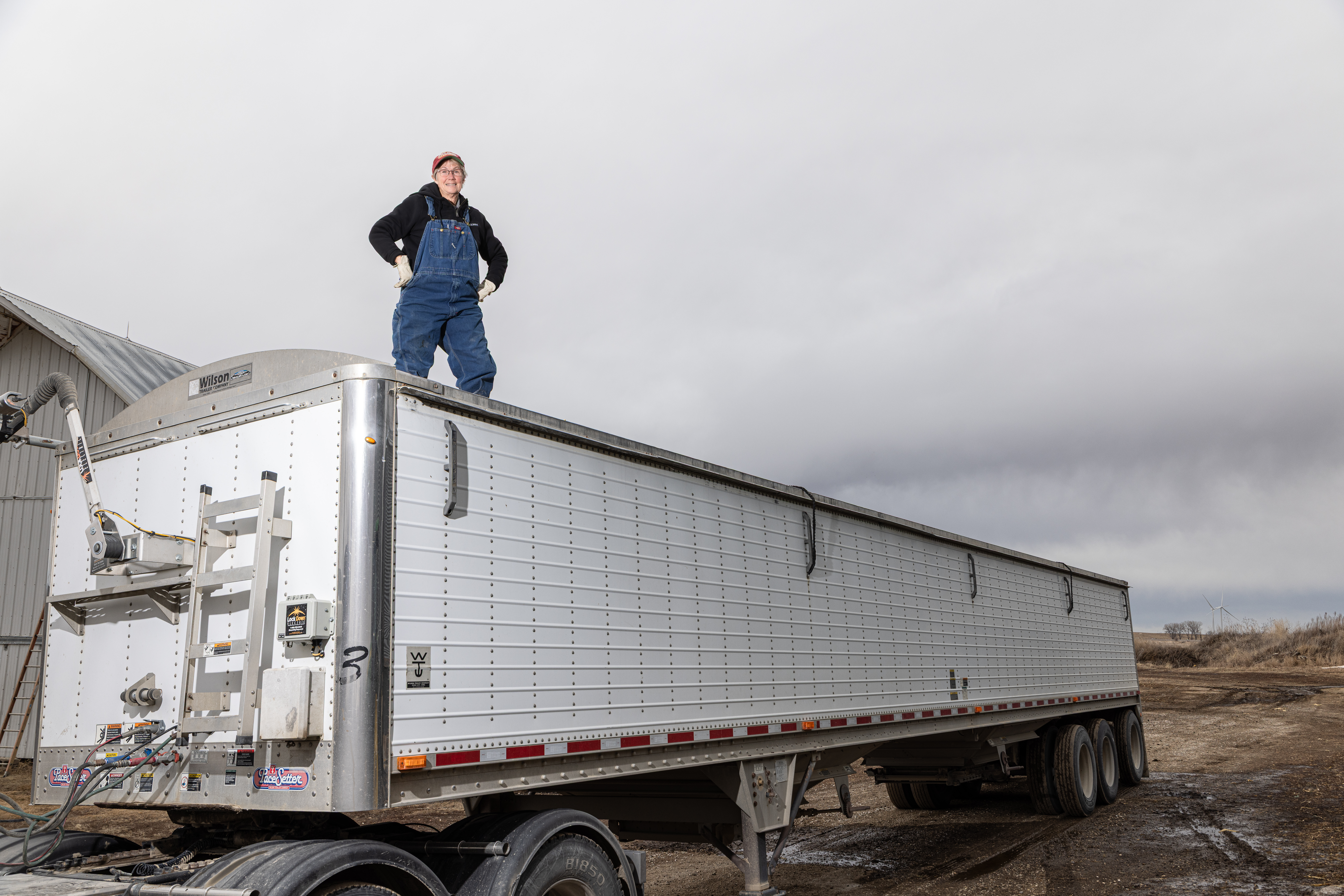Jolene Riessen is no stranger to hardship. After losing her husband to cancer six years ago, she took over the family farm in northwest Iowa with her two adult sons. For her, farming is more than a business –– it’s a generational investment.
“My husband and I worked hard for years to buy farmland with the goal of passing it down to our children,” Riessen told IW Features. “Now, I’m doing everything I can to make sure my sons have the same opportunity.”
But that dream is in jeopardy. With key provisions of the 2017 Tax Cuts and Jobs Act (TCJA) –– also known as the Trump tax cuts –– set to expire at the end of 2025, farmers like Riessen fear the return of heavier tax burdens that could force difficult financial decisions.
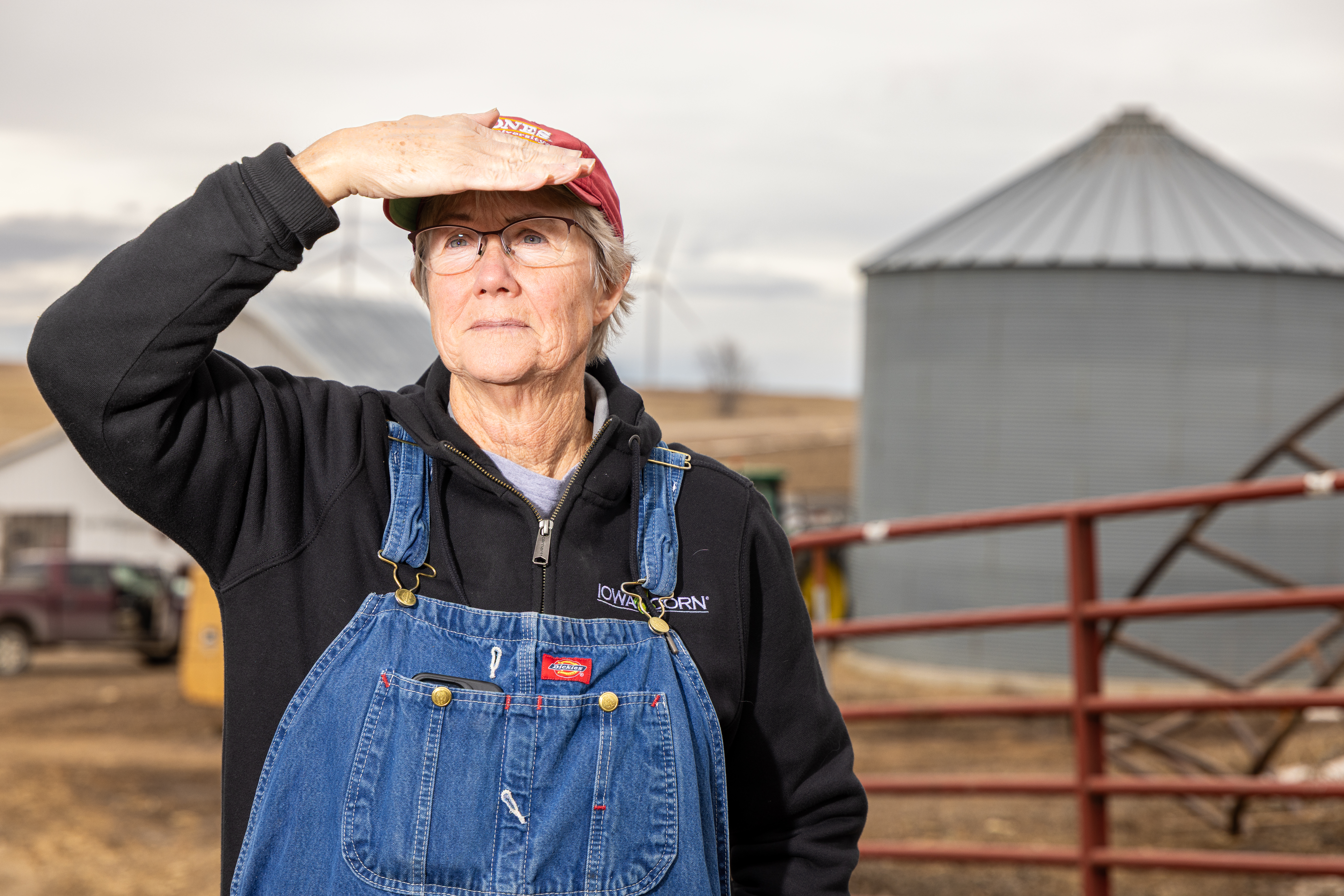
In farming, planning is critical. There are, of course, certain uncontrollable factors, such as varying weather conditions that pose significant risks to entire crops. But farmers can work around these variables by prioritizing financial planning, which the TCJA has made easier, especially for smaller farmers such as Riessen.
One of the most impactful provisions of the TCJA on her work, Riessen explained, has been the expanded bonus depreciation. This policy allowed farmers like her to deduct the full cost of equipment purchases upfront rather than spreading it out over several years.
Last spring, Riessen found out her combine (also called a harvester) needed $80,000 worth of repairs.
“A brand-new one was $750,000, which I just couldn’t justify. That’s like buying a house for most people,” she said. “The ability to write off equipment costs upfront made it easier to manage cash flow and keep our operation running efficiently.”
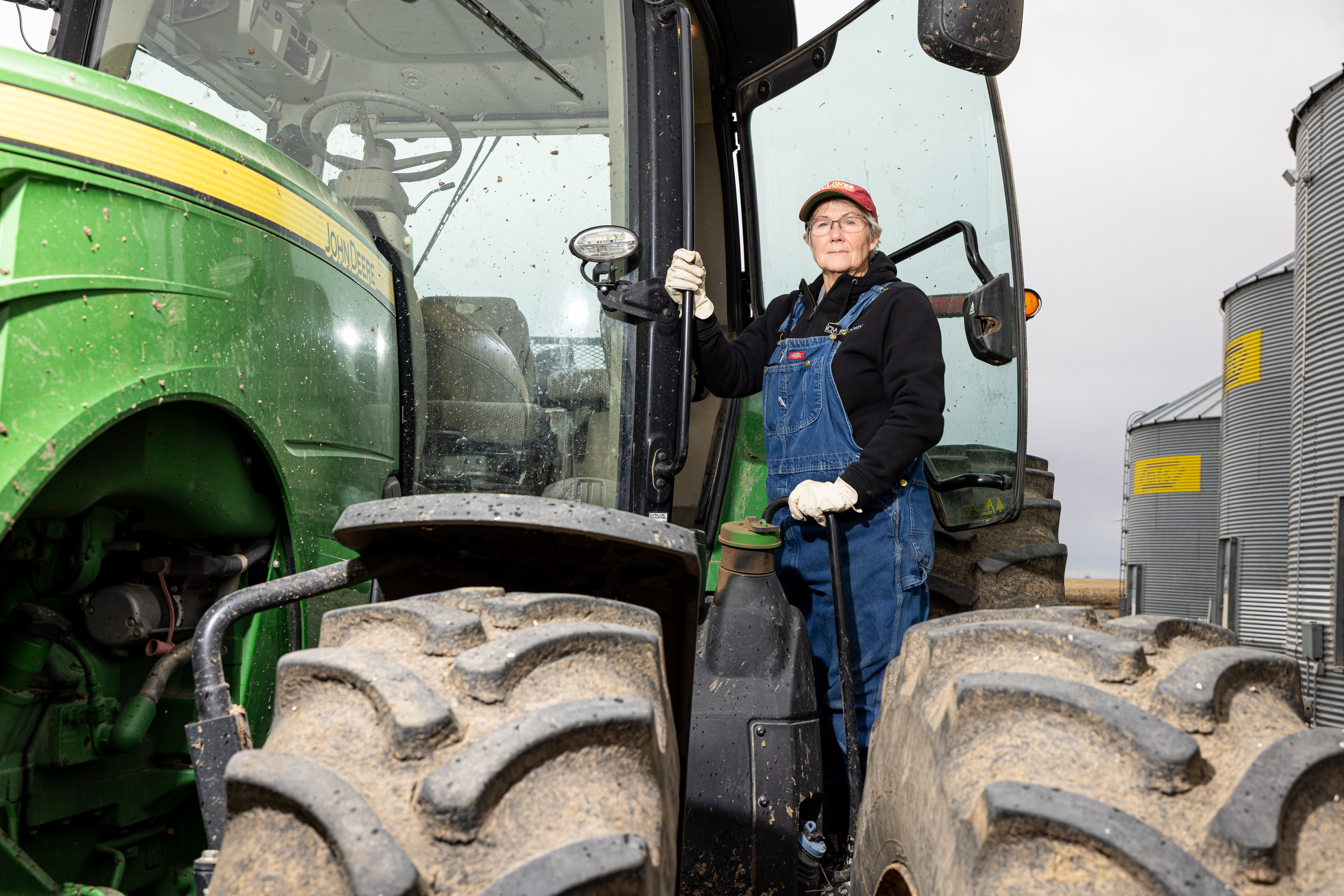
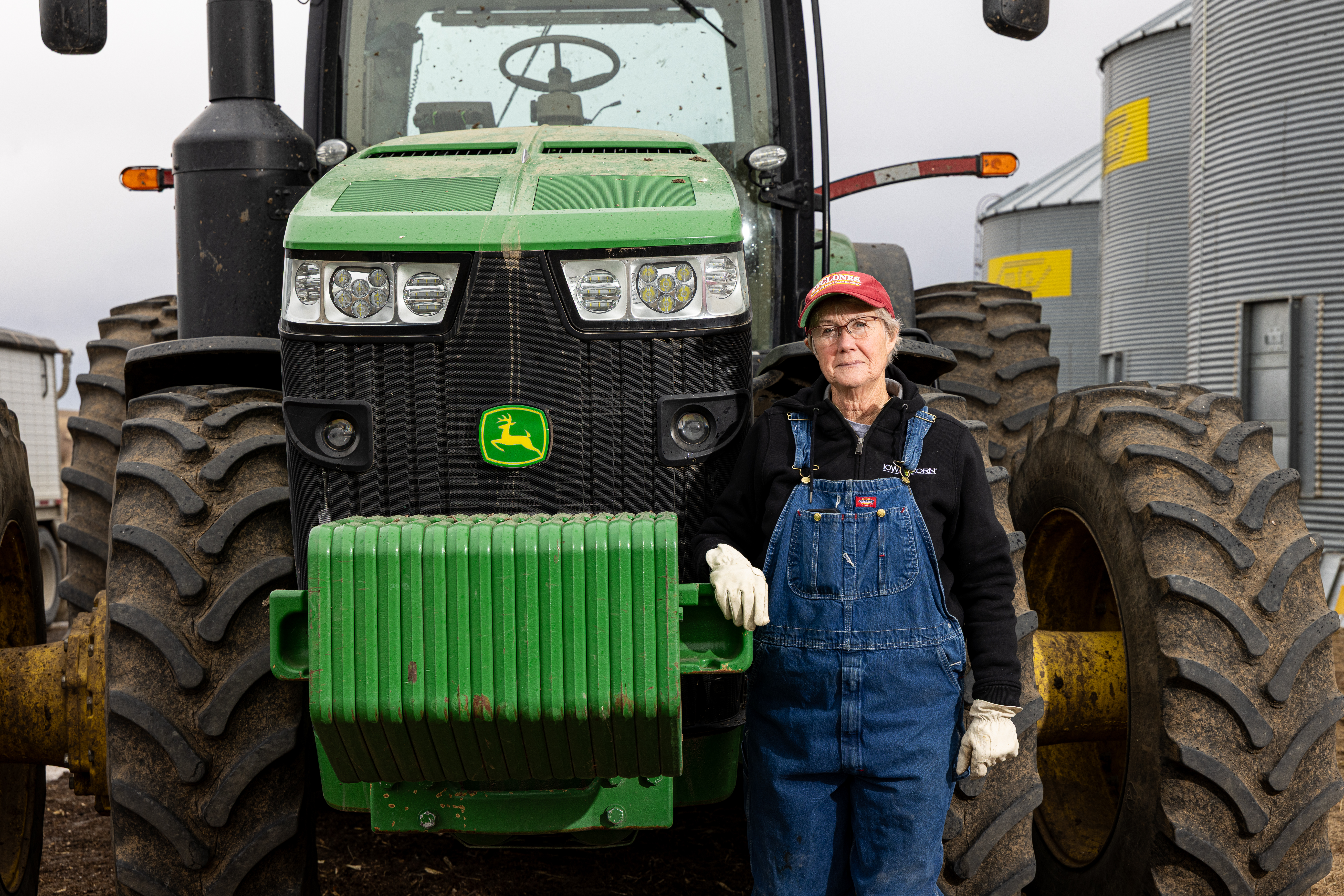
Another important provision close to Riessen’s heart was the increased estate tax exemption. Before the TCJA, family farms often faced steep estate taxes when passing land from generation to generation. The 2017 tax reform raised that exemption from $5.6 million to $13.6 million, reducing the financial strain on inheriting families.
“If that exemption drops back down, my boys would have to sell half the ground and all the equipment just to be able to pay the death tax,” Riessen said. “That would make it much harder for them to continue farming.”
The impending expiration of these tax cuts comes when farmers are already dealing with rising costs and uncertain markets. Corn prices have dipped below break-even levels, Riessen said, and inflation has driven up expenses for equipment, seed, and fertilizer.
“We’re barely breaking even, and we’re not alone,” Riessen said. “If these tax cuts go away, it will be even harder for small farms to compete.”
At the same time, global market conditions have created new challenges. Supply chain disruptions and fluctuating demand have made it more difficult for farmers to sell their crops at profitable prices.
“There are so many factors that are already outside of our control—weather, markets, input costs. The last thing we need is a tax policy that makes it even harder to stay in business,” Riessen said.
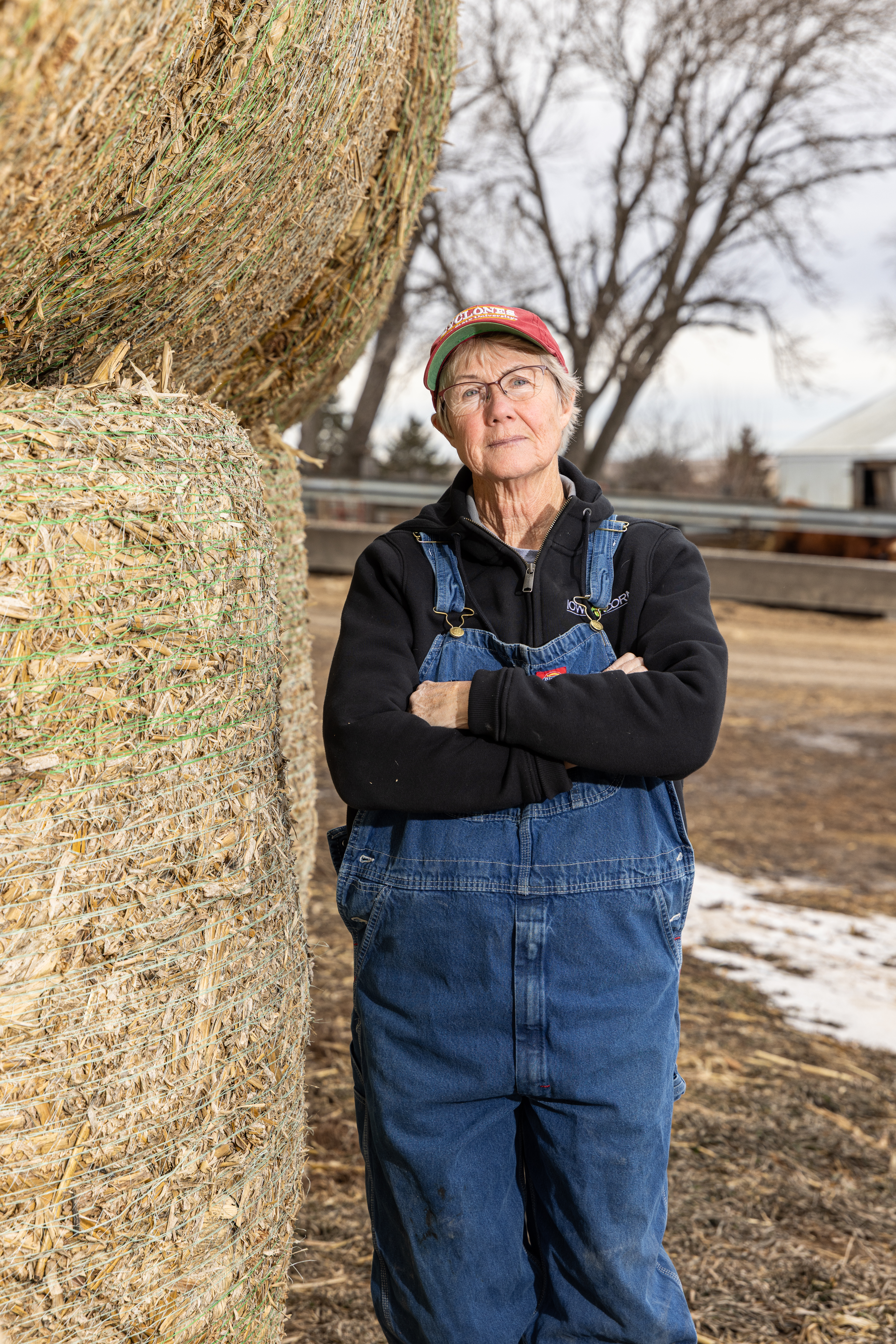
Farming isn’t just about growing crops –– it’s the backbone of rural communities. When family farms struggle, the effects ripple outward to the rest of the nation. Equipment dealerships, feed stores, and grain processors all depend on local farmers to sustain their business. If small farms disappear, those industries struggle as well.
Riessen, the first female president of the Iowa Corn Growers Association, has been actively advocating for policies supporting agriculture. Last summer, she testified before the U.S. House Ways and Means Committee, urging lawmakers to make the tax cuts permanent.
“I told them, ‘If these tax cuts expire, the challenges for family farms will only increase,’” she said. “It’s not just about me or my family. It’s about rural communities and the people who rely on agriculture for their livelihoods.”
The loss of family farms could also mean a shift toward more corporate-controlled agriculture, Riessen warned.
“There’s a difference between a family farm and a large agribusiness operation,” she said. “Family farms are run by people who live on the land, who take care of it, and who want to pass it down to their children. If we lose that, we lose something important about American agriculture.”
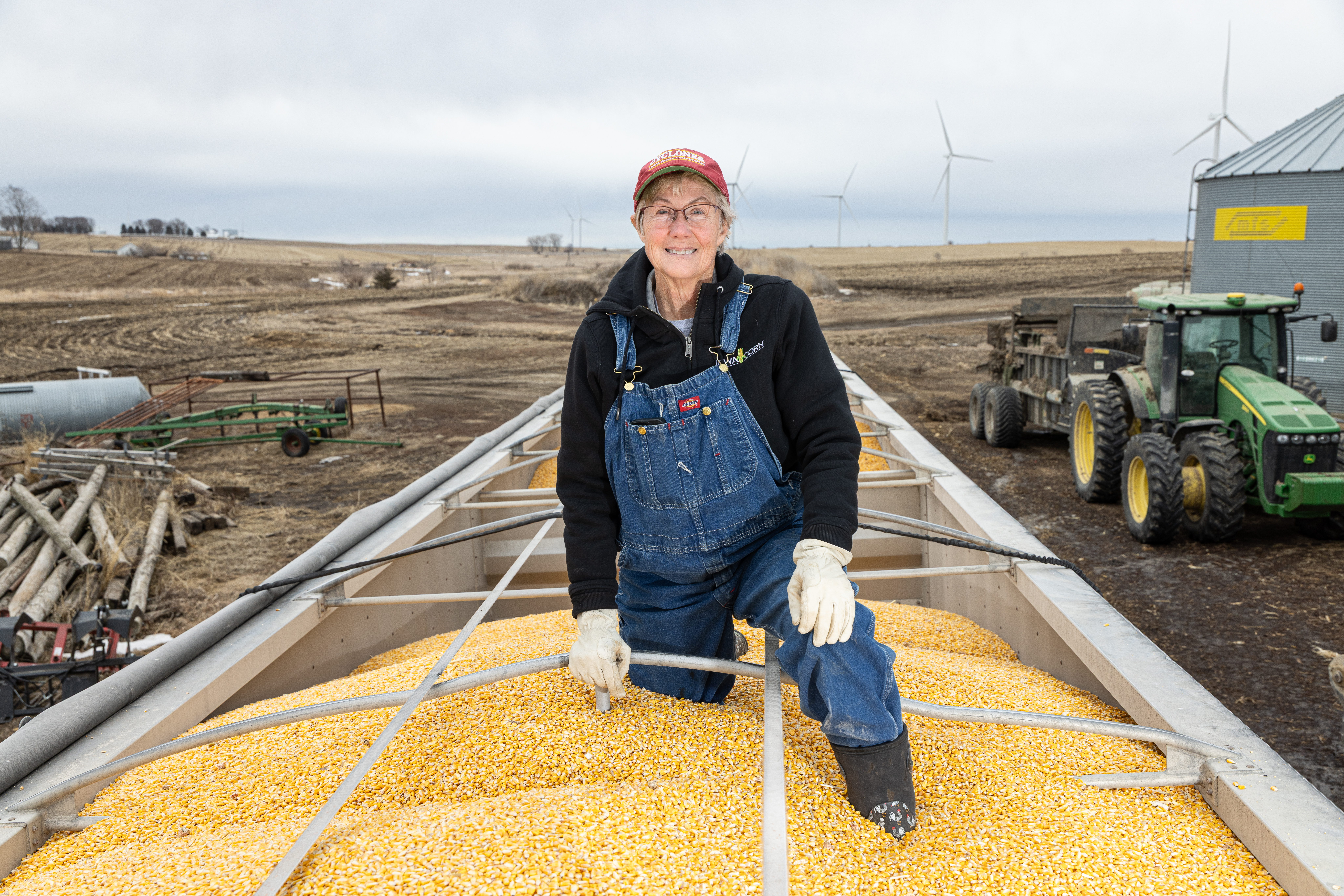

Family farms contribute to the U.S. economy in countless ways. From ethanol production to meat and dairy feed, Midwest farms like Riessen’s support supply chains impacting consumers from coast to coast. Corn alone is used in more than 4,000 products, Riessen explained, ranging from food, to fuel, cosmetics, pharmaceuticals, and more.
“People don’t realize how much of what they use every day starts right here on a farm,” she said. The consequences of losing family farms would, as a result, affect consumers in ways they might not expect, Riessen added.
Through the U.S. Grains Council, Riessen has had the opportunity to travel abroad, including recently to Kenya, to educate foreign markets about ethanol and dried distillers grains (DDGs), a byproduct of ethanol production used for livestock feed.
As Riessen explained, ethanol is a significant economic driver in Iowa that keeps fuel prices lower nationwide and supports overall energy independence. Iowa produces nearly 30% of American ethanol and dedicates 62% of its corn to domestic energy production. Not only does this fuel serve as a key tool to reduce reliance on foreign oil, but it also offers a free-market solution to reducing carbon emissions.
However, the cost of food is at the forefront of most American consumers’ minds, which was a major point of contention during the Biden presidency. Corn is the key, Riessen noted. The cattle, swine, and poultry (and eggs) Americans consume are more often than not fed corn, so if corn prices are reasonable, grocery bills will reflect that affordability.
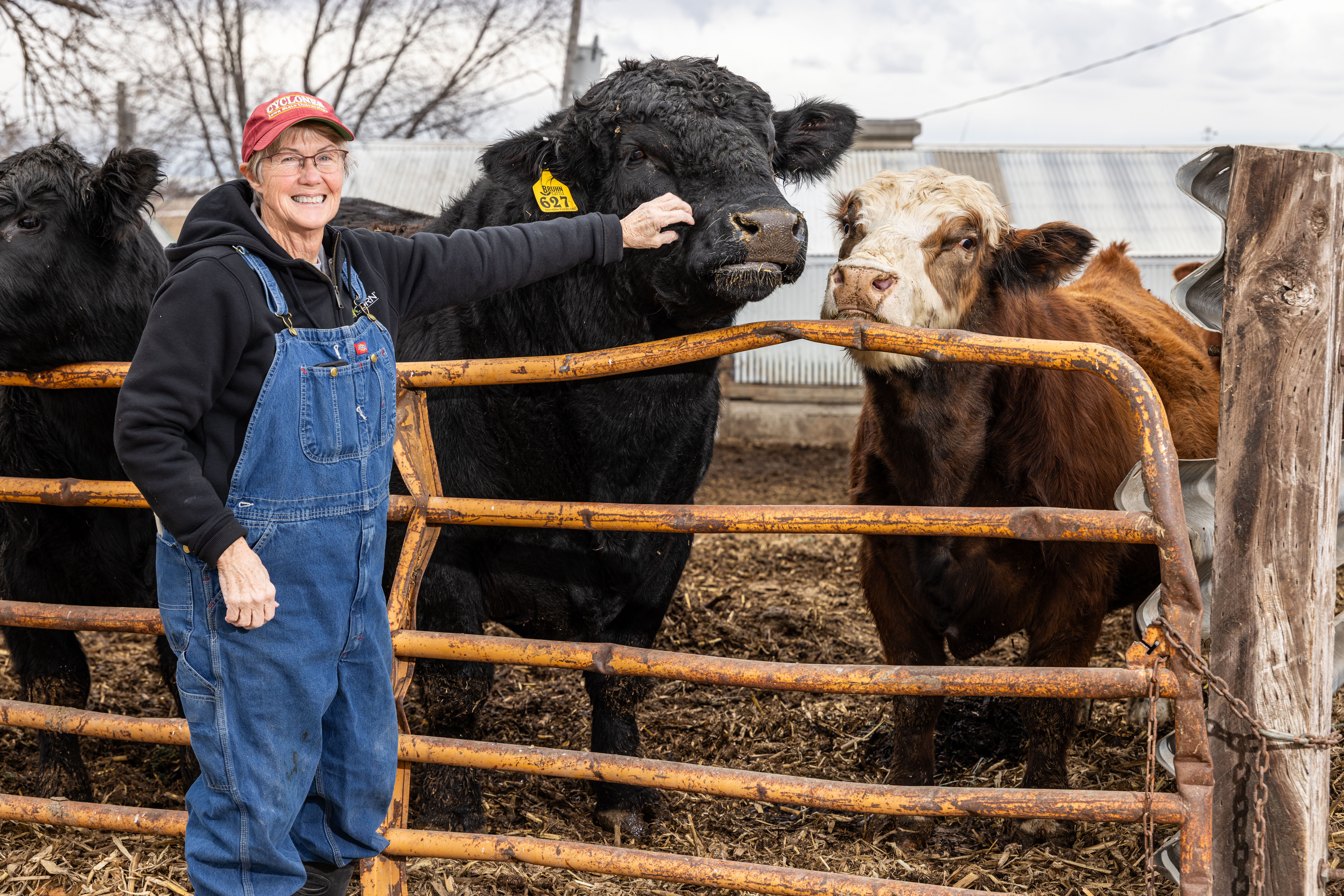
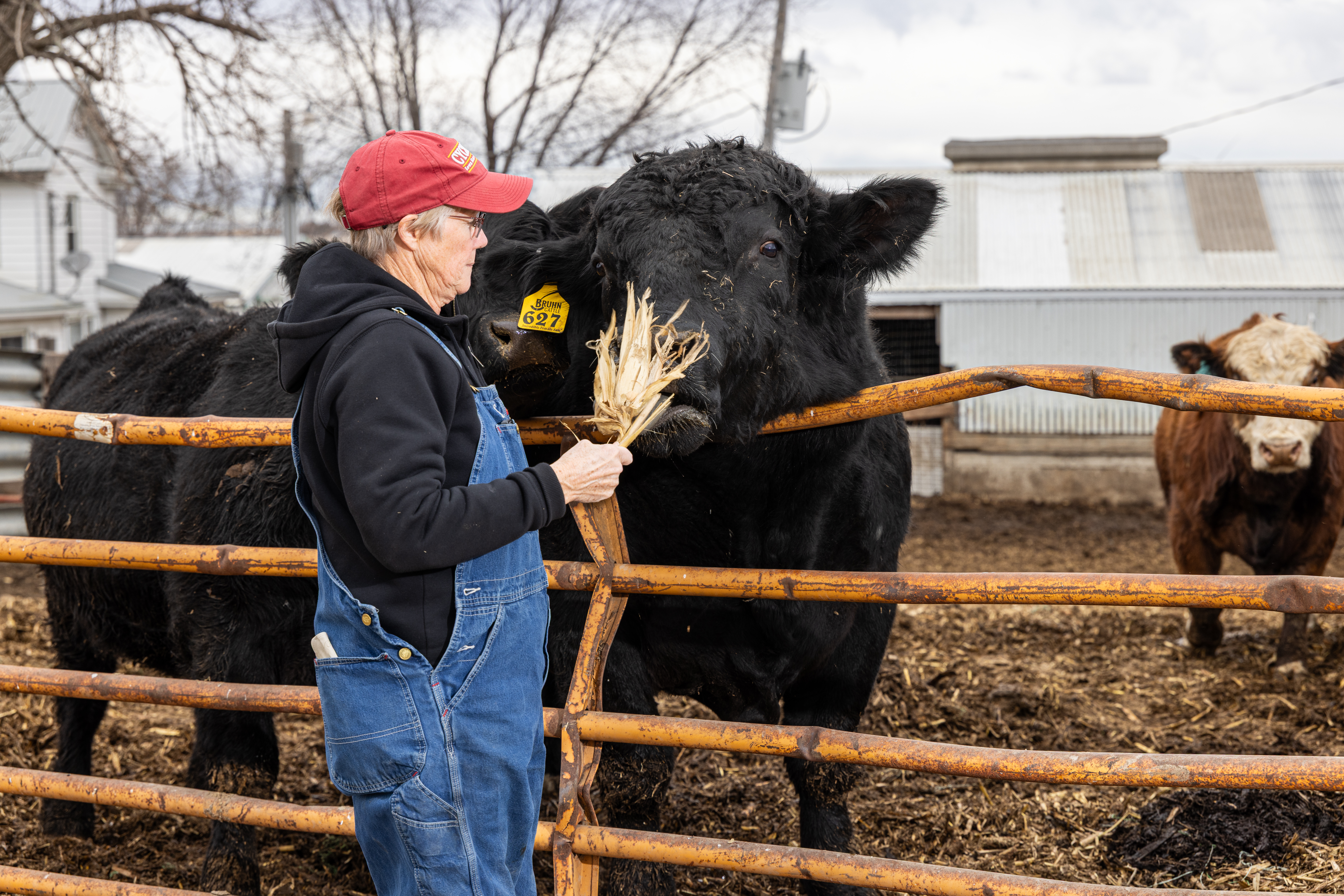
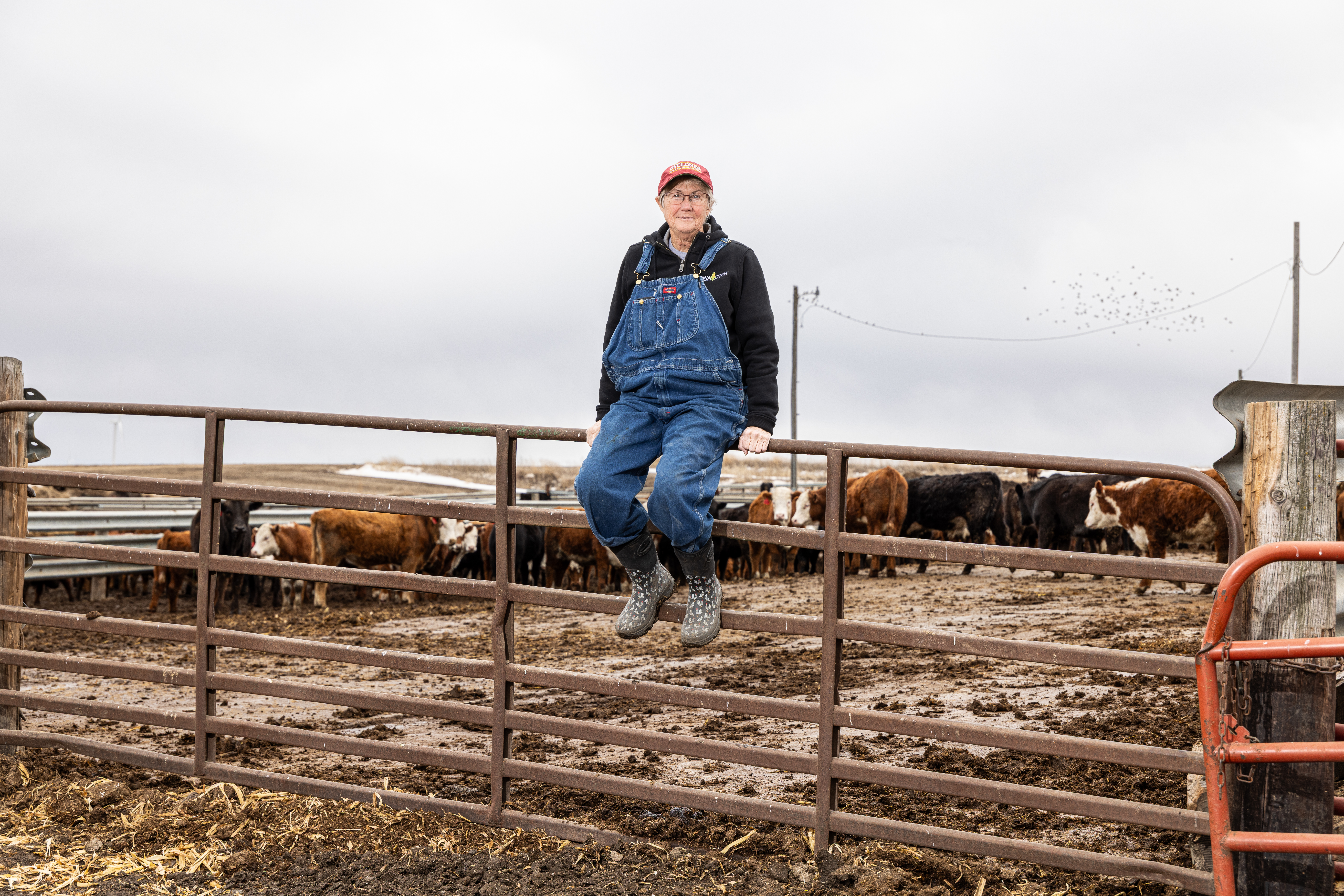
“If people think inflation is bad now, just wait until more small farms disappear and we have fewer producers supplying food to the market,” Riessen warned. “Keeping these tax policies in place isn’t just about helping farmers—it’s about ensuring a stable food system for everyone.”
With the tax cuts set to expire at the end of 2025, Congress will have to decide whether to extend many of these benefits or, ideally, make them permanent. The outcome will shape the future of family farms –– and American agriculture more broadly –– for years to come.
As Congress debates the future of the TCJA, farmers like Riessen are watching closely, hoping lawmakers will consider the long-term impact of their decisions. And for Riessen, this fight spans beyond policy –– it’s about preserving a way of life.
She reflected on long days spent in the fields with her husband, on the lessons he passed down to their sons, and on the hard-won knowledge that farming isn’t just a profession, but a deeply patriotic legacy.
“We worked hard for this. It wasn’t handed to us.” Riessen said. “I know that’s the case for so many families like ours. If we can’t pass it on to our kids, what was all that for?”
